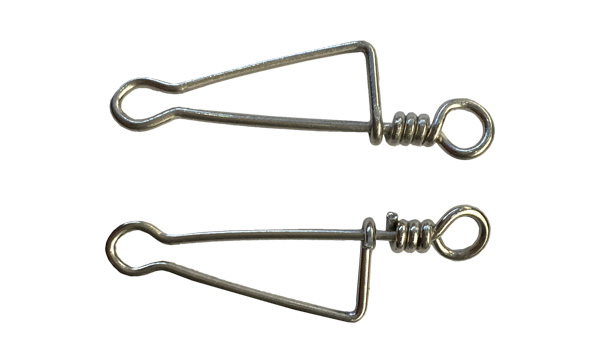

We may encounter this situation in fishing: the float d […]
We may encounter this situation in fishing: the float does not move, but when we lift the rod, we find that there is a fish on the hook. This is because after the hook enters the fish mouth, it takes a period of time for the bite signal to be transmitted to the float. The longer the interval, the more sensitive the fishing rig is, but no matter how sensitive the fishing rig is, this interval time It is also unavoidable.
If within this interval, the hook is sharp enough to penetrate deep and firm enough into the lip, it will be difficult for the fish to get off the hook and run away. If you struggle, you will be unhooked, and before we can lift the rod, the fish will run away. Sharp hooks can stay in the fish's mouth for a longer time, which can make the floating signal appear longer and with greater amplitude.

We pay great attention to its sharpness when buying fish hooks, but many people ignore the usual maintenance of the sharpness of fish hooks. For example, when we are fishing with a small hook, but a big fish bites the hook, because the hook is small and the fish mouth is large, it is difficult to take off the hook if it is swallowed deeply. Some people are more impatient and will pull hard and pull the hook with brute force. out. Doing so will not only cause great damage to the fish, but also if the hook touches hard objects such as fish bones, fish bones, etc., the sharpness of the hook tip will be greatly damaged, and the hook will be too blunt when fishing next time. , cannot penetrate deeply, or the hook tip is bent.
Therefore, when we usually pick the hook, we must first take the hook tip, do not let the hook tip be laterally stressed, and replace the new hook in time if the hook tip is damaged.